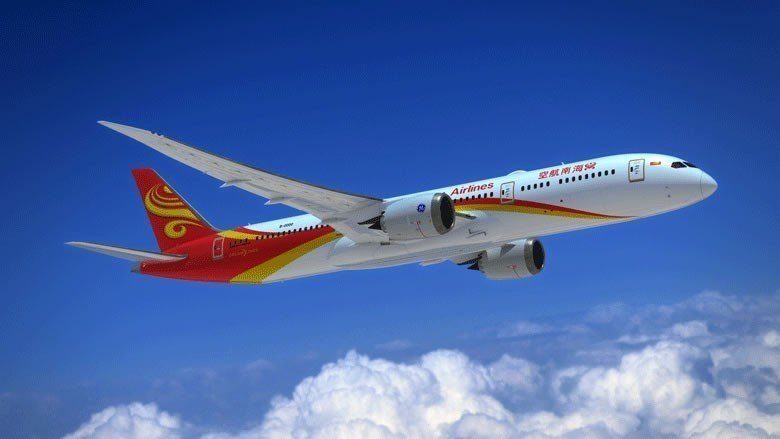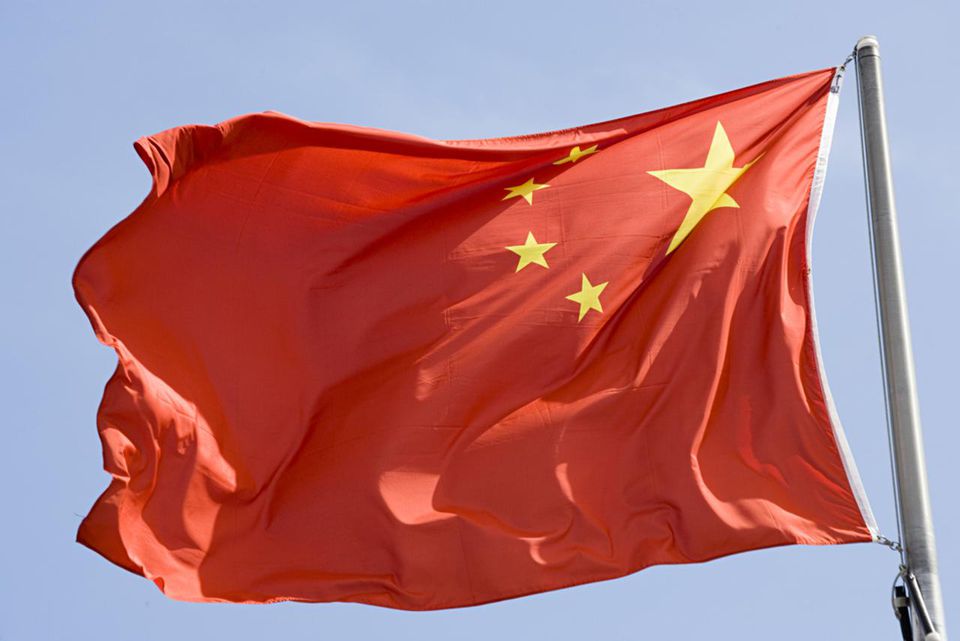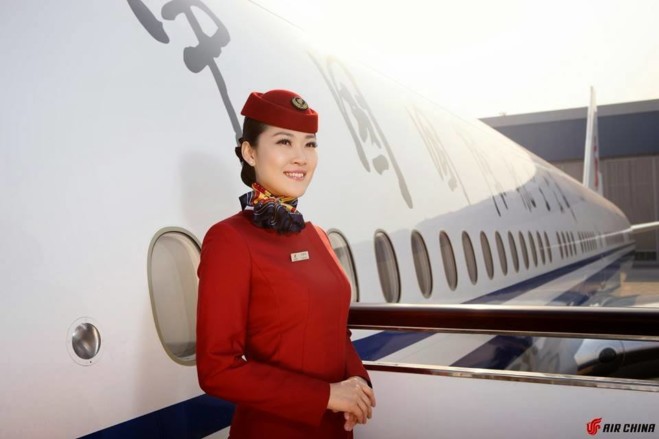Business travel in China
September 25th, 2018 José Sitbon No Comment Destination 2587 views
With more than a billion inhabitants, the Chinese market now represents the largest expenditure of business travel worldwide (350bn$), surpassing the USA since 2016 (China Business Travel Barometer) and it is only just beginning….
The economy continues to grow and demand is increasing. In 2017, the number of travellers reached increased by 13.7% on domestic routes and 7.4% on international routes.
A new airport in the capital will open at the end of 2019. With its eight runways serving 100 million of passengers per year, Beijing Daxing International will become the world’s largest airport.
Everything is done quickly, and at a frantic pace.
Travellers who are fond of technology
 The digitalization of the economy was almost instantaneous. The Chinese population is among those who have the strongest appetite for mobile technologies and social networks. The mobile has thus become the first source of booking. To illustrate the omnipresence of mobile phones, the WeChat application looks like reference thanks to its range of functionalities whether it is instant messaging, mobile payment or booking airline tickets.
The digitalization of the economy was almost instantaneous. The Chinese population is among those who have the strongest appetite for mobile technologies and social networks. The mobile has thus become the first source of booking. To illustrate the omnipresence of mobile phones, the WeChat application looks like reference thanks to its range of functionalities whether it is instant messaging, mobile payment or booking airline tickets.
 But Communist Party forces, a strong bureaucracy is still present in China and travellers are making also in the face of constraints from another time, such as the signature of the « fapiao » (printed invoice and official state) to recover VAT.
But Communist Party forces, a strong bureaucracy is still present in China and travellers are making also in the face of constraints from another time, such as the signature of the « fapiao » (printed invoice and official state) to recover VAT.
A constantly evolving regulatory framework
Like the economy, the regulatory framework is constantly evolving. The main aim is to regulate bad practices and liberalize the market.
Indeed, in response to the excesses of some OTAs, the China National Tourism Administration (the body in charge of monitoring the market) has recently better regulated practices in terms of postings and transparency of prices and additional fees that can be charged. Travellers now enjoy better protection.
The market continues to liberalize, after opening up to payment solutions (Visa, Mastercard, Airplus…), foreign travel agencies can more simply operate (although a partnership with a local player remains mandatory for the sale of international travel). Since January the Chinese airlines can finally set their own prices on domestic flights (if at least 5 airlines are competing on the route).
The mastodon Ctrip
However, one player continues to enjoy a dominant position on this market: Ctrip. A mastodon without equivalent in the world. Founded in 1999, this online tourism agency (OTA) now has more than 300 million users (including 56 million on its mobile application).
Its expansion strategy also makes it an essential player (85% market share), which domestic and Western players are almost unable to compete with. Indeed, Ctrip is extending its influence in an impressive way through acquisitions, investments and numerous partnerships:
– With aggregators: MakeMyTrip, Qunar, Skyscanner Travelfusion
– With the hotel sector: Accor Hotels, Booking.com, Hyatt
– With the airline sector: China Eastern, Boom Supersonic
– And in catering: Mwee
It is up to the market to take risks to reverse this situation. There are good prospects.
On the same subject
In Bangkok, we feed tourists on the rooftops
Above the dusty and busy streets of Bangkok, a concrete space that previously didn’t...
Japan Relaxes Entry Restrictions for Foreign Tourists
The re-entry will be allowed for visa holders, including permanent residents, tourists and...
Threat to a heritage site: China evacuates 100,000 people.
Un site du patrimoine mondial vieux de 1 200 ans en Chine est menacé...










